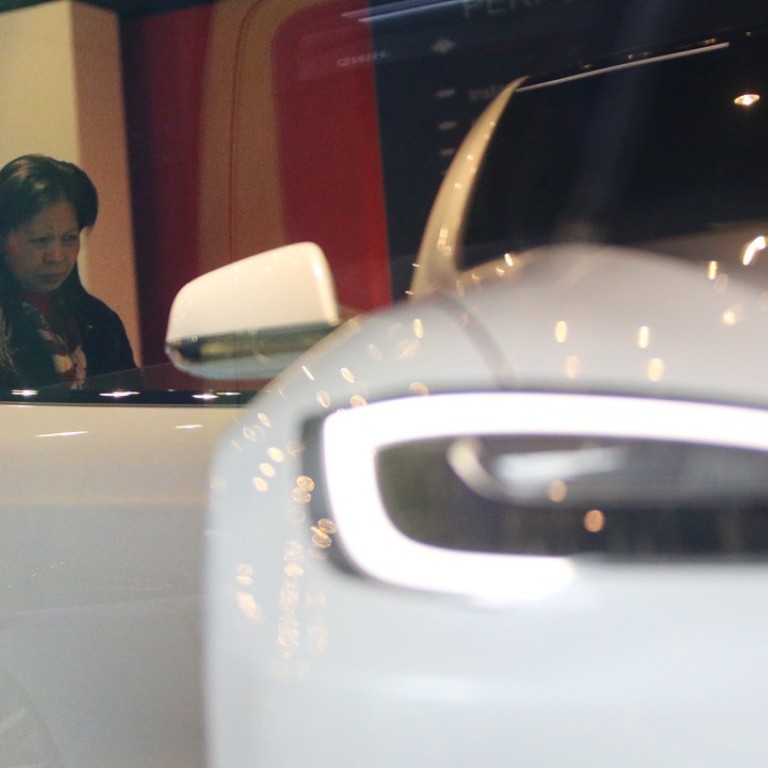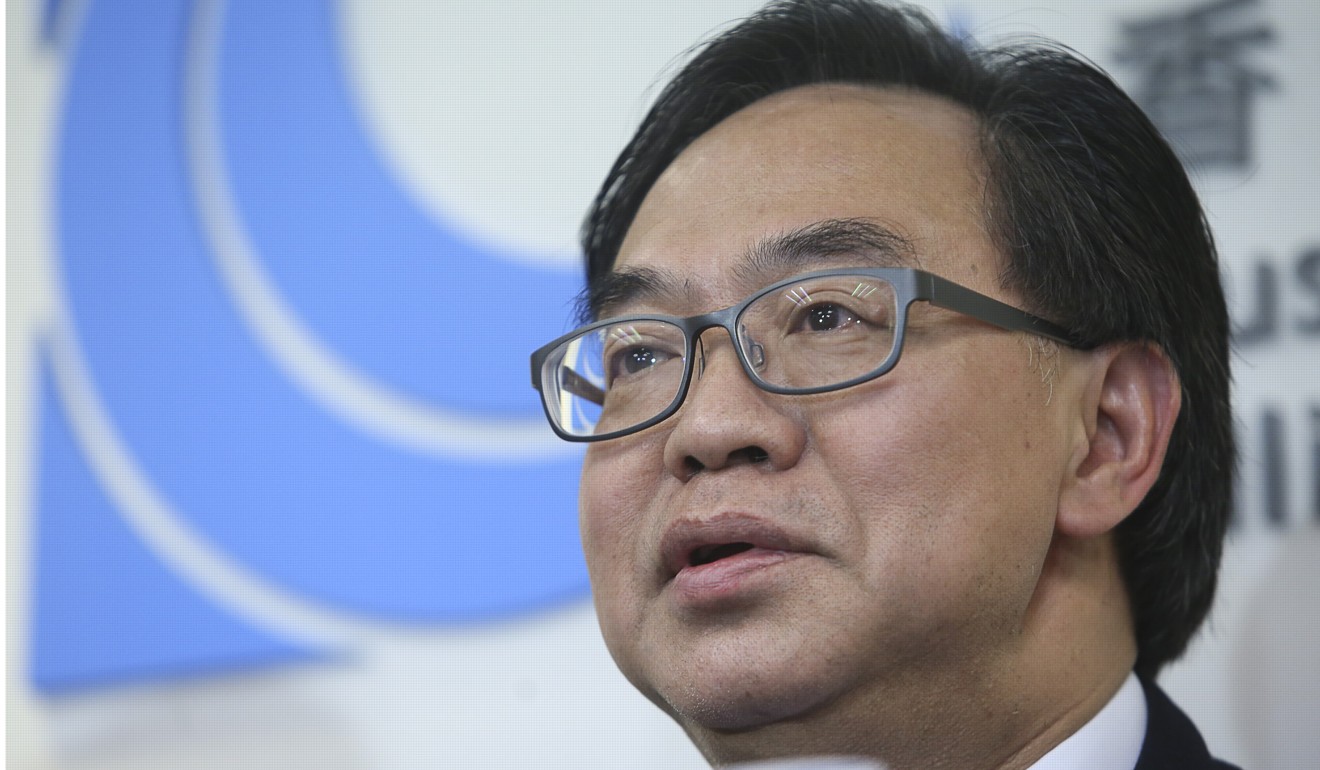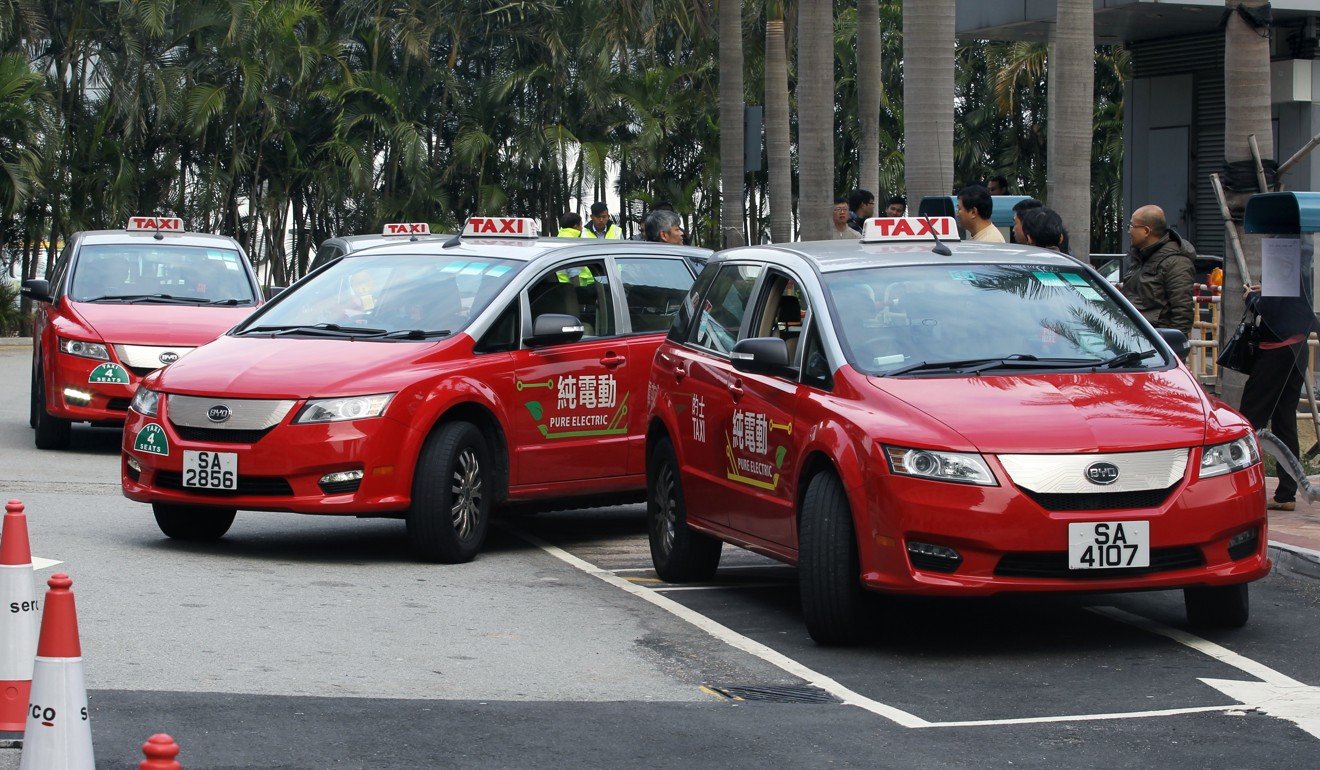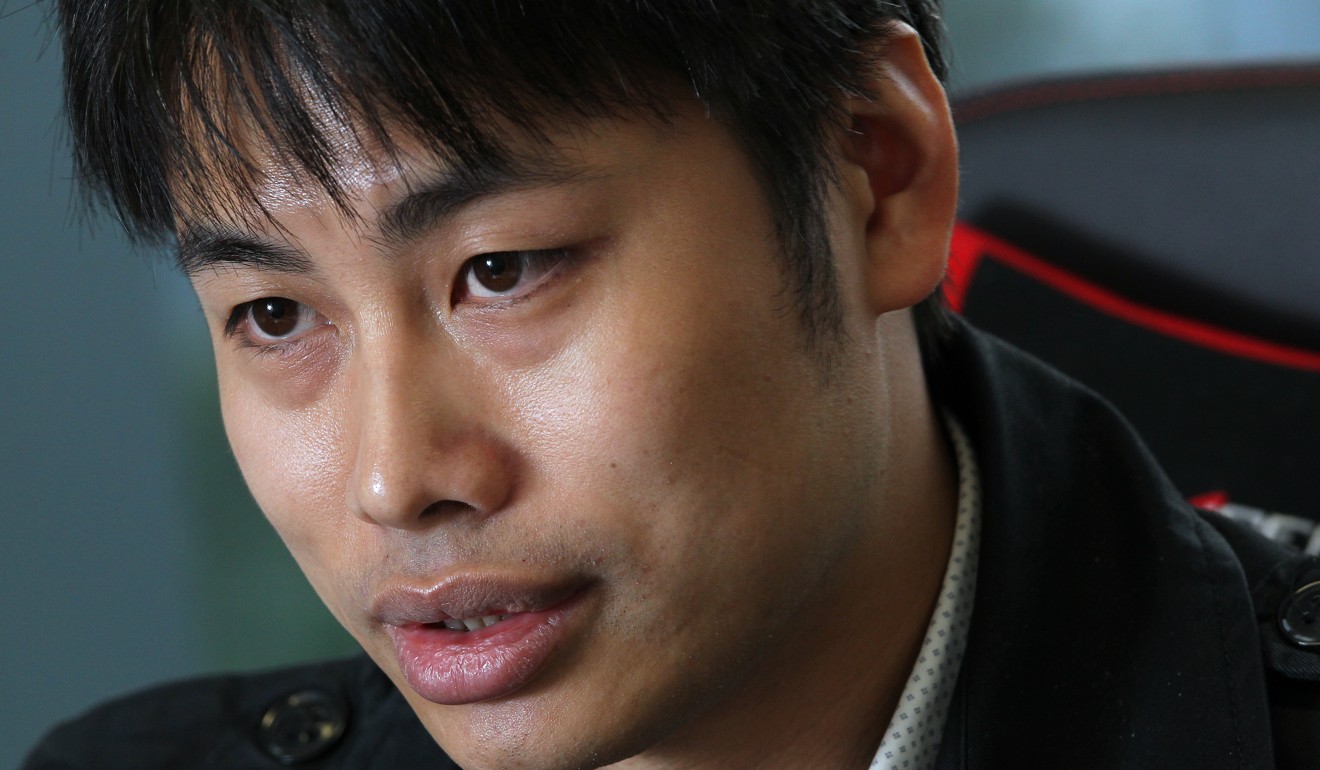
Electric car industry ‘demoralised’ by Hong Kong government policy after tax waiver capped, legislator says
Environmental affairs panel members ask why officials are prioritising commercial vehicles over private ones
Hong Kong lawmakers on Monday expressed doubts about the city’s policy on electric cars, including its prioritisation of commercial over private vehicles and limited tax incentives for buyers.
At a meeting of an environmental affairs panel at the city’s legislature, members gave government officials one last grilling before the city’s 2018-19 budget is unveiled on Wednesday. Hong Kong’s finance minister is expected to include in his speech the results of a review last year of a controversial cap on electric vehicle tax waivers.
The Post reported last week that the government was expected to lower the first registration tax for private electric vehicles.
“Since the cap, private electric vehicle sales have dropped sharply. The government has demoralised the whole industry,” panel member Lo Wai-kwok said.

The tax waivers were instrumental in helping boost the city’s private electric car fleet from just 69 in April 2011 to 10,588 by April last year. But the move by the government to cap the tax break at HK$97,500 last year has slowed this growth.
Only 110 new electric vehicles have been registered since the cap was implemented.
Lawmaker Steven Ho Chun-yin asked why the government insisted on piling resources into boosting commercial use of electric vehicles when it had already acknowledged in a policy paper the huge challenges it faced.
Official indecision on electric vehicles has Hong Kong on the wrong road
Electric taxis trialled under the Pilot Green Transport Fund, for example, had taken about four hours to charge, while electric technology for double-decker buses was “still developing and there are very few models available in the international arena”. Double-deckers make up about 95 per cent of the city’s franchised bus fleet.
“If the government is trying to push for commercial electric vehicles, it will take years and years to realise and there is no way to make them widespread,” Ho said. “The only thing you can do now is promote ... private vehicles.

“But there is no incentive to buy private electric cars. I bet you, if you ask 10 residents if the government is pushing for more electric vehicles, nine will tell you it is not.”
Meanwhile, jokes were made about government policy on incentivising developers to build charging facilities in return for concessions on floor area restrictions.
Tesla and electric vehicle tax debate in Hong Kong misses the point on need for better public transport
Official guidelines only require “charging-enabling infrastructure”, which means the facilities don’t even have to be connected to an electricity supply.
“An analogy is that it is like providing toilets you can’t flush,” panel member Raymond Chan Chi-chuen said.

Undersecretary for the Environment Tse Chin-wan said the government was targeting commercial electric vehicles more than private ones because the former made up 95 per cent of vehicular emissions, including of PM10 respiratory suspended particulates and nitrogen oxides.
He said environmental authorities would be working with other government departments and bureaus to push for more chargers at residential estates.
Has Hong Kong pulled the plug on electric cars?
“As for the [tax waiver] arrangement, which expires on March 31, we are reviewing it with due consideration given to views and suggestions. More details will be provided in the budget on Wednesday,” Tse said.
Watch: China’s path to electric car supremacy
On whether Hong Kong would set a timetable or target for a total ban on sales of private cars running only on petrol or diesel – as seen in Britain, France, the Netherlands, Germany and India – Tse said the government was still “collating relevant information” before considering its next step. This included the specific plans and measures to be taken in these places.

